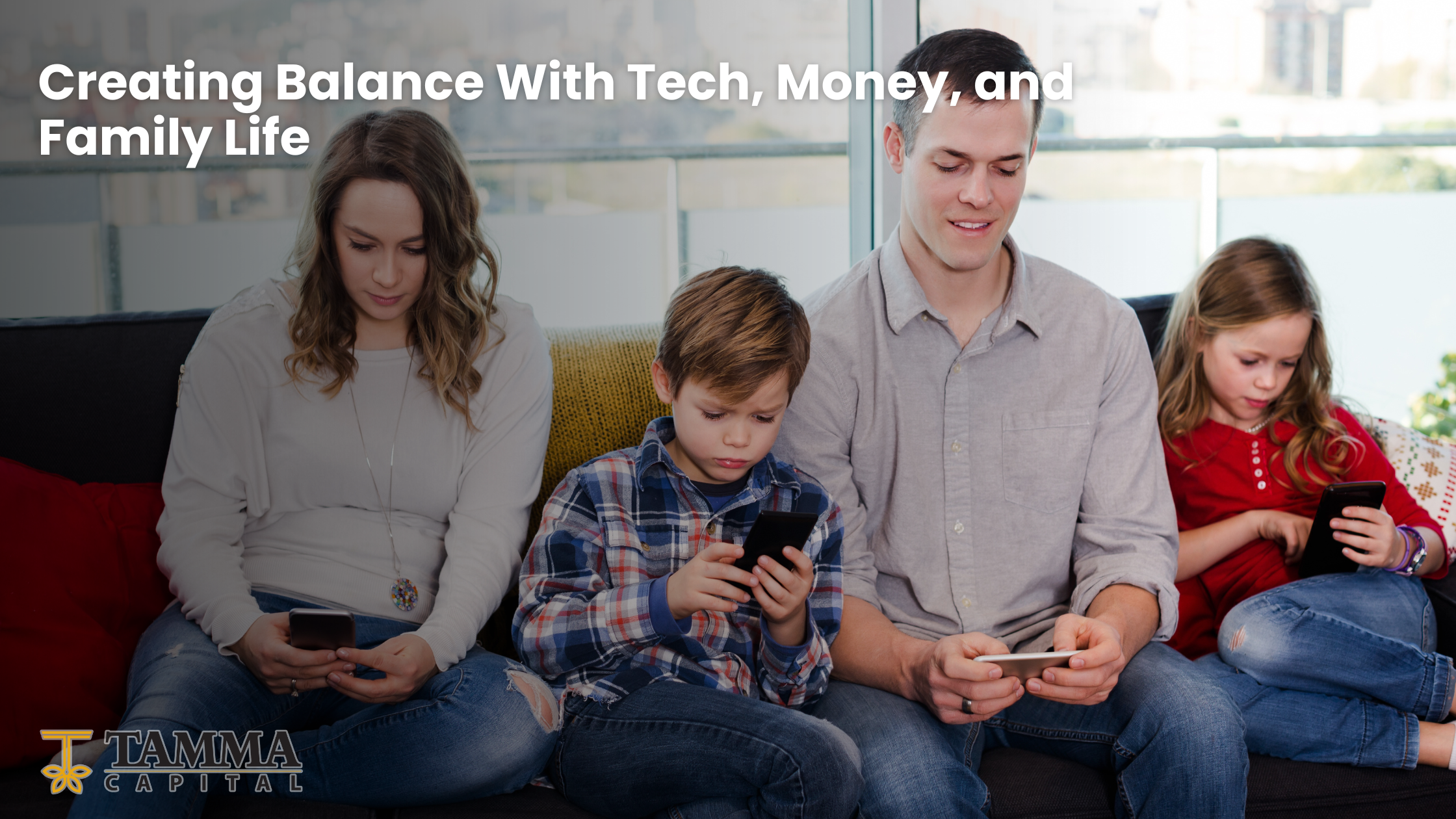Ep. 152 – When Does a Cost Stop Being an Expense and Start Being an Investment
When does a cost stop being an expense and start being an investment?
The answer to this question is part of a broader search for helping people identify and develop their purpose and supporting objectives, not solely from a financial perspective but more from a personal and lifestyle perspective.
Ultimately, the transition from expense to investment often involves a shift in mindset. It requires thinking beyond immediate gratification and considering the long-term impact of your decisions.
The secret to determining when a cost stops being an expense and becomes an investment is that there isn't a formula to calculate. You can put a value on your time, but how much value do you put on doing the things in life you really want to do?
Connect with Paul
Contact Paul here or schedule a time to meet with Paul here.
Follow Paul on LinkedIn, Instagram, and Facebook.
And feel free to email Paul at pfenner@tammacapital.com with any feedback, questions, or ideas for future guests and topics.
ADDITIONAL RESOURCES YOU MAY LIKE
1 Big Idea to Think About
The Shift from Expense to Investment: Understanding when a cost stops being an expense and starts becoming an investment involves a mindset shift that considers both financial returns and intangible benefits like time, emotional well-being, and quality of life.
1 Way You Can Apply This
Evaluate Personal Services: Consider services you use, such as home cleaning or meal prep. Reflect on whether these services provide significant value beyond their cost by saving time, reducing stress, or improving relationships. This can help in making informed decisions about maintaining or cutting these services.
1 Question to Ask
How do I measure the intangible benefits of my financial decisions, and how do they align with my personal values and life goals?
Key Moments From the Show
[00:00:02] - Introduction and the question about when a cost becomes an investment.
[00:01:47] - Explanation of the intangible side of financial life.
[00:03:17] - Example of investing in a home cleaning service to reduce household conflicts.
[00:05:59] - Questions to consider when evaluating expenses as potential investments.
[00:06:42] - Conclusion and the emphasis on balancing numbers with emotions in financial decisions.
Resources Featured in This Episode:
Understanding the Link Between Life Transitions and Financial Planning




